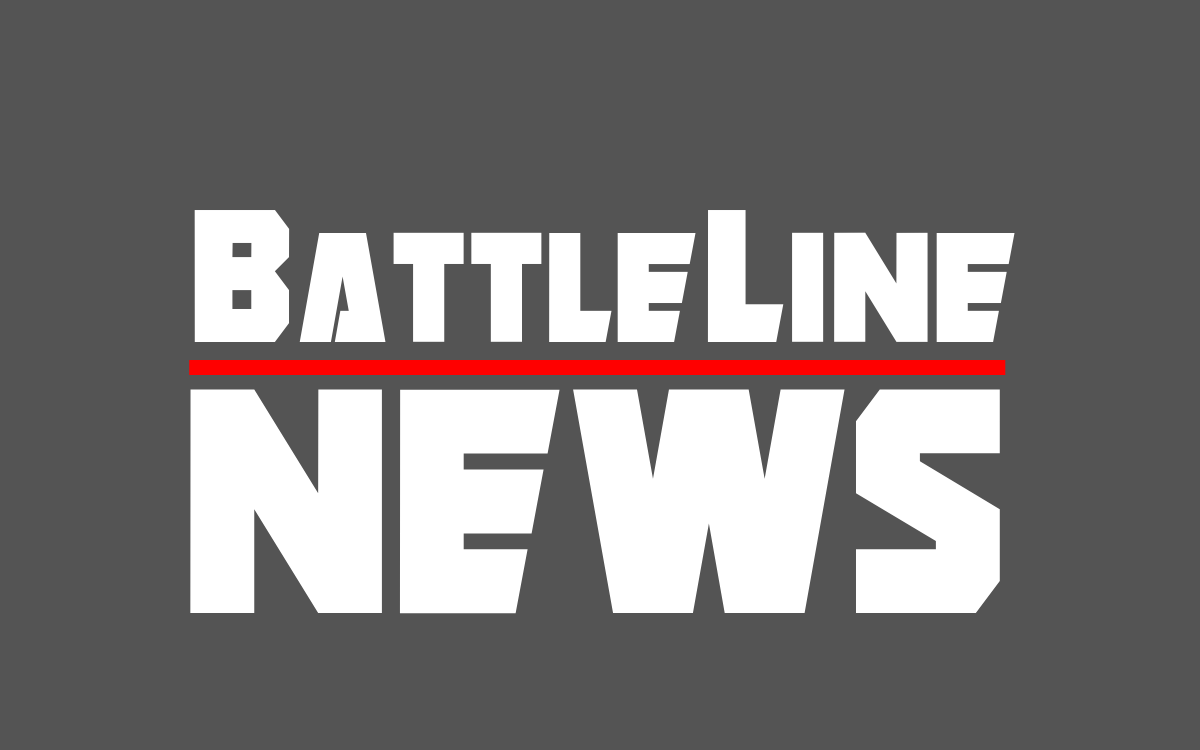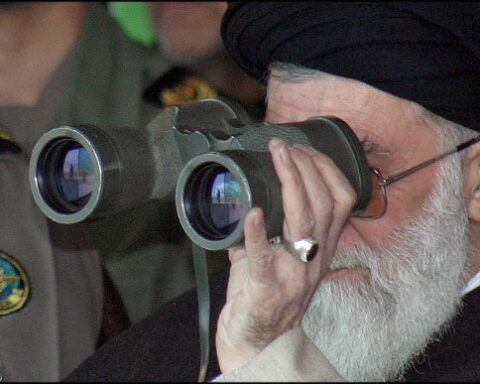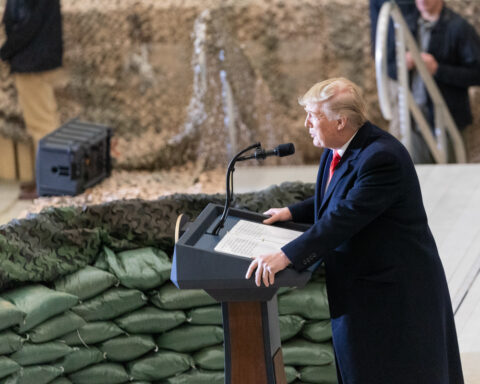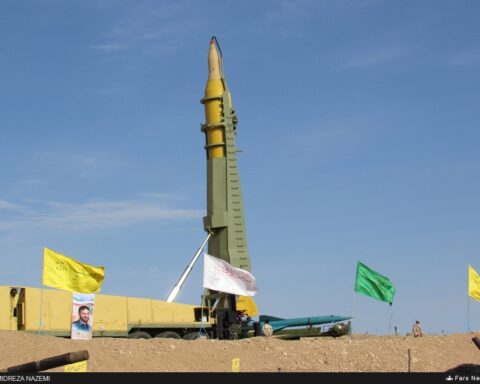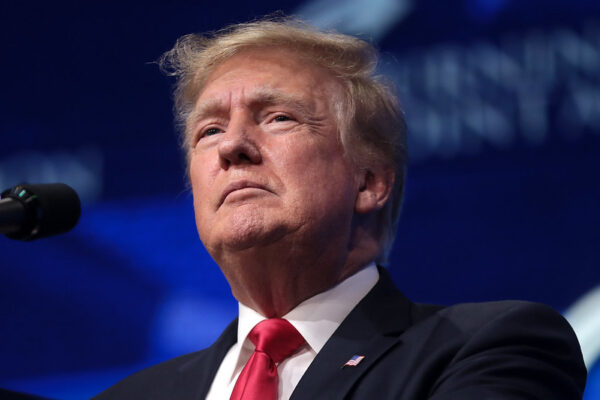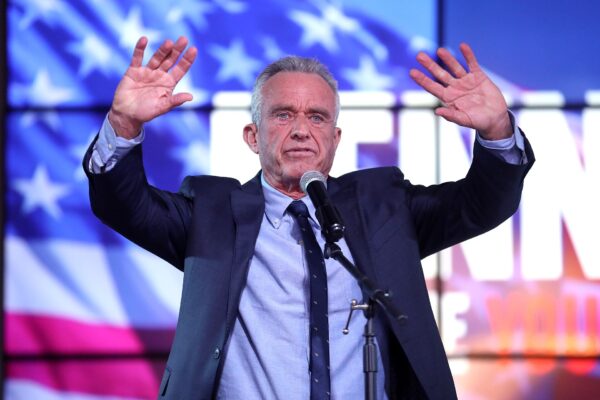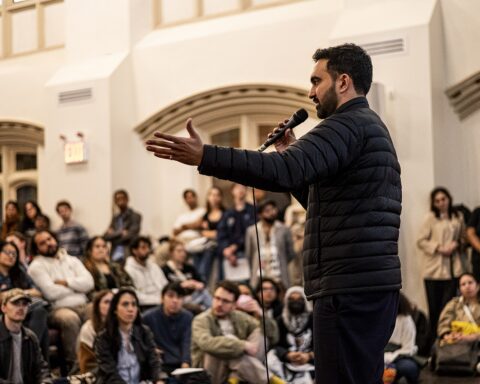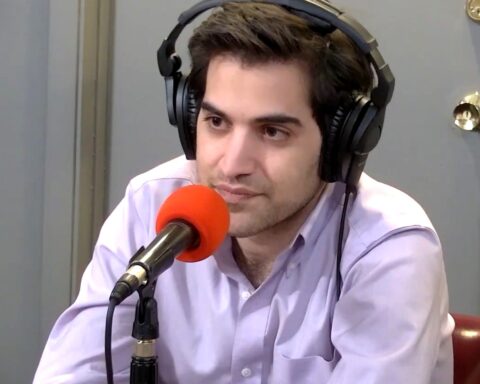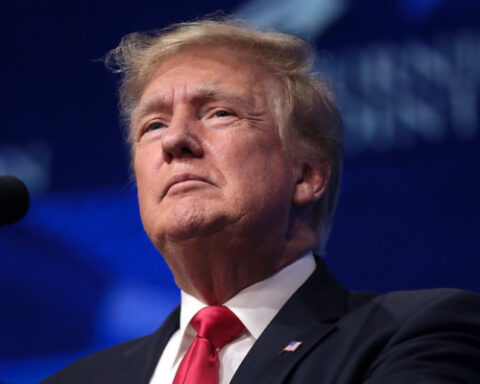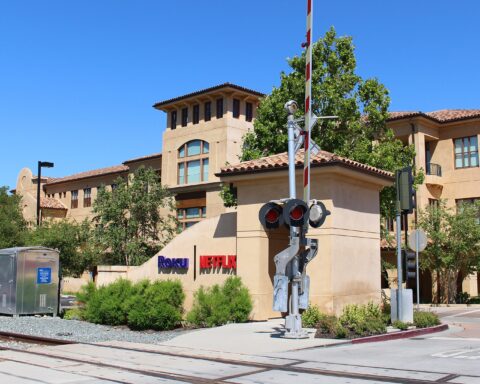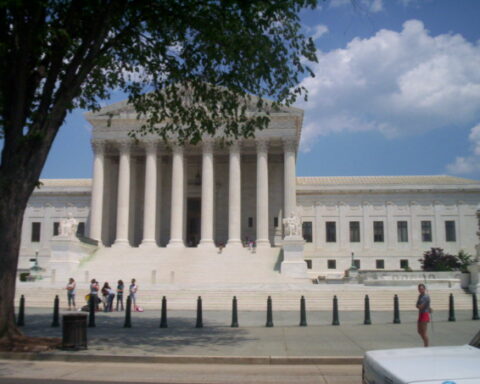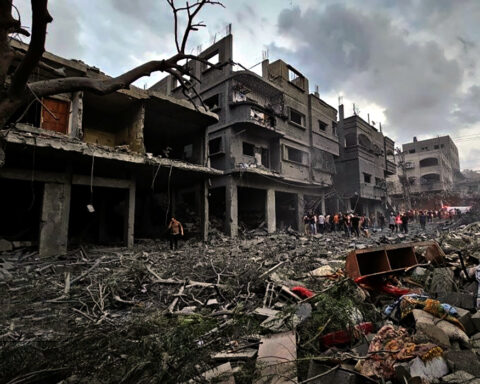In a bold statement this past Sunday, Iran’s Foreign Minister Seyed Abbas Araghchi reportedly affirmed that Iran will continue its uranium enrichment activities regardless of any potential nuclear deal with the United States.
This declaration underscores the ongoing tensions surrounding Iran’s nuclear ambitions and the stalled negotiations aimed at curbing them.
Araghchi dismissed concerns about external pressures, stating that “special interest groups” and “malign actors” should not influence the dialogue between Iran and the U.S.
He emphasized Iran’s readiness for serious negotiations, but made it clear that enrichment efforts would persist: “Enrichment in Iran, however, will continue with or without a deal.”
The announcement comes in the wake of alarming reports regarding Iran’s nuclear program. According to the Arms Control Association, Iran has significantly increased its production of uranium enriched to near-weapons grade levels.
The International Atomic Energy Agency (IAEA) has estimated that Iran is currently producing approximately nine kilograms of uranium enriched to 60 percent U-235 each month.
This level of enrichment is particularly concerning, as it positions Iran as a near-threshold nuclear weapons state.
Secretary of State Marco Rubio recently highlighted the gravity of the situation, stating, “Once you’re at 60, you’re 90% of the way there.”
He emphasized that this development could enable Iran to swiftly reach weapons-grade enrichment levels, which are defined as 90 percent or higher.
The implications of Iran’s enrichment activities are profound, especially given the recent history of regional tensions.
In April 2024, Iran reportedly launched numerous missiles targeting Israel, demonstrating its military capabilities and willingness to assert its influence in the region.
The U.S. Director of National Intelligence has noted that Iran possesses the largest inventory of ballistic missiles in the Middle East, further complicating security dynamics.
Additionally, Iranian Supreme Leader Ayatollah Ali Khamenei has recently criticized former President Donald Trump, dismissing his statements as lies and reiterating Iran’s commitment to its nuclear program amid public displays of hostility towards the U.S.
As negotiations over Iran’s nuclear program remain stagnant, the international community is increasingly concerned about Tehran’s intentions.
The continued enrichment activities and the potential for rapid escalation toward nuclear weapons capability pose significant risks not only to regional stability but also to global security.
With Iran’s steadfast commitment to its nuclear ambitions and the complexities of geopolitical relations, the path forward remains fraught with challenges.
The ongoing dialogue between Iran and the U.S. will be crucial in determining the future of nuclear proliferation in the region and the broader implications for international peace and security.
[READ MORE: Trump FDA Makes Major Announcement on Use of Flouride]
